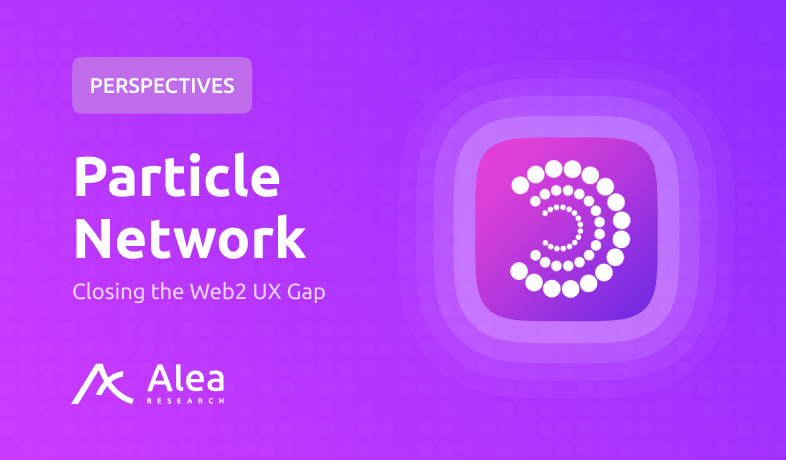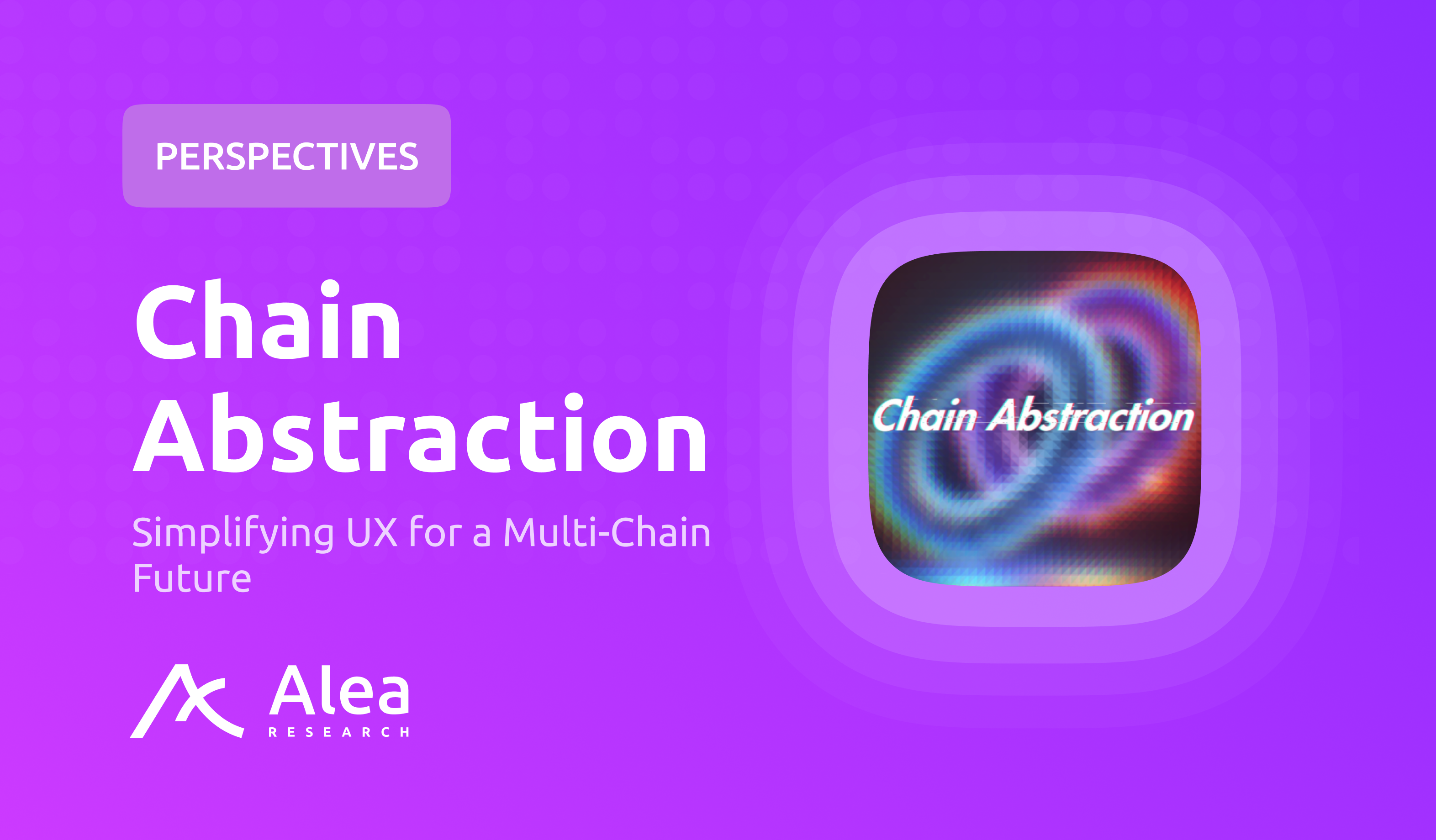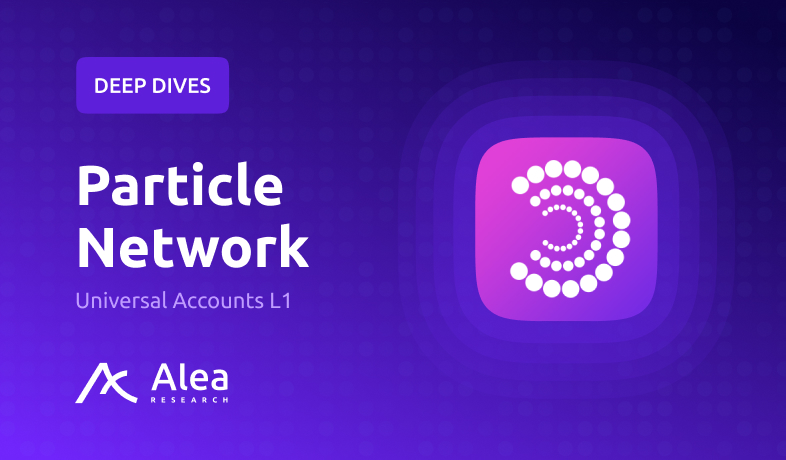Research & Analysis
Comprehensive insights and technical deep dives into the project
-

Universal Accounts Perspective
A strategic perspective on Particle’s Chain Abstraction thesis—diagnosing user- and liquidity-fragmentation, benchmarking NEAR Accounts and Polygon AggLayer, and showing how Universal Accounts, Liquidity, and Gas restore a Web2-level UX.
20/08/2024 31 Min Read
-

Chain Abstraction Perspective
A strategic perspective on Chain Abstraction, mapping user and liquidity fragmentation, outlining application, permission, solver, and settlement layers, and showing how Particle’s Universal Accounts turn cross-chain complexity into Web2-level simplicity.
27/01/2025 26 Min Read





